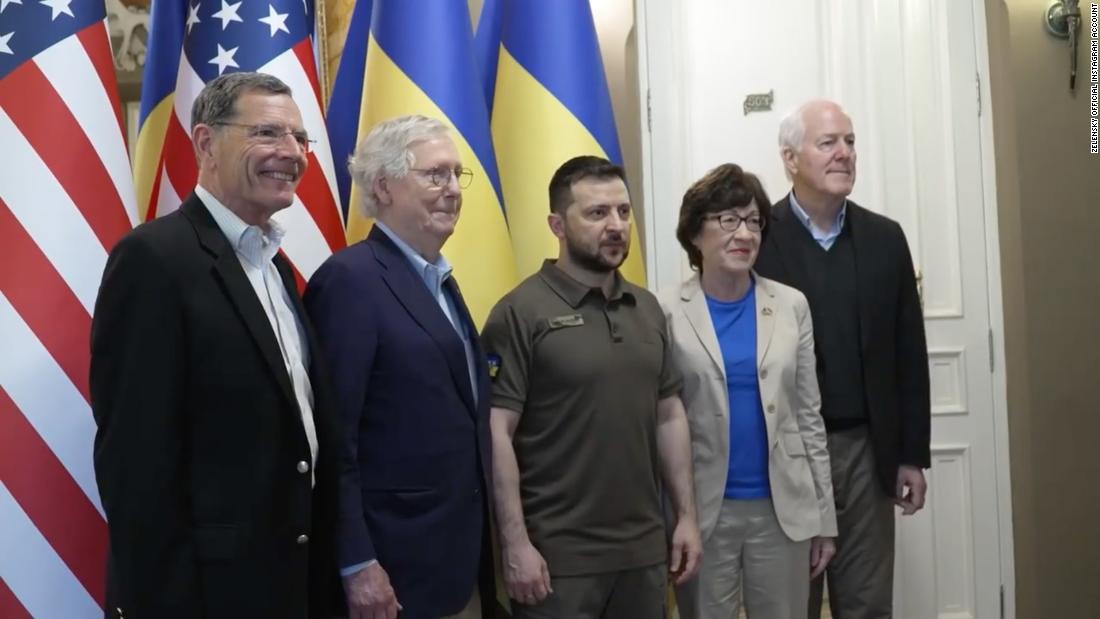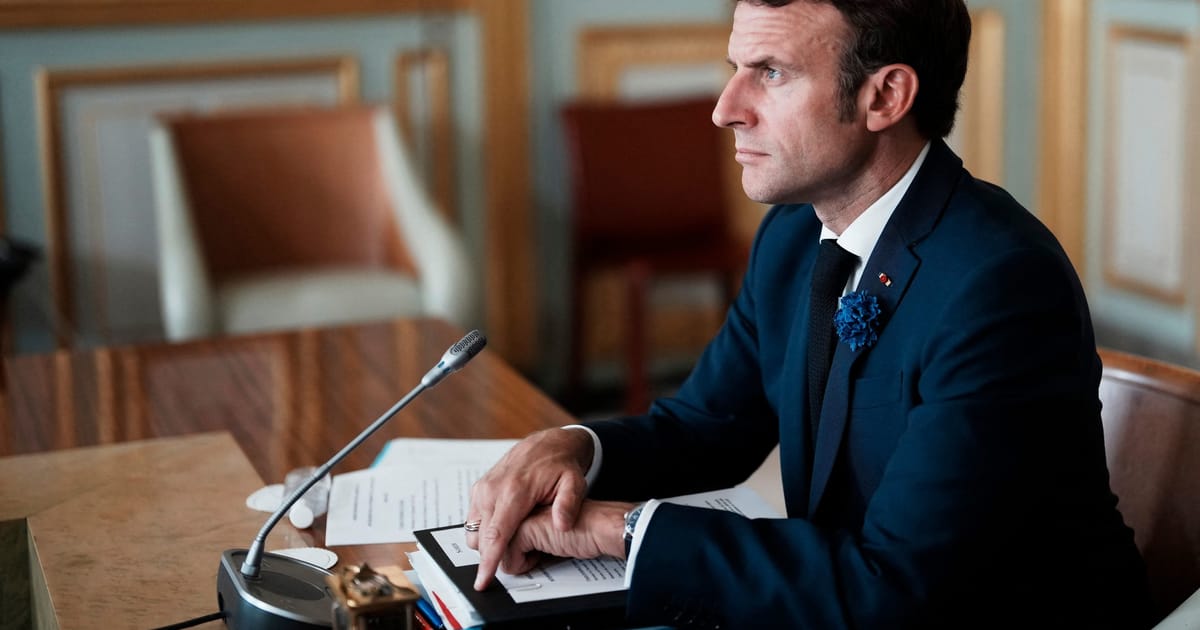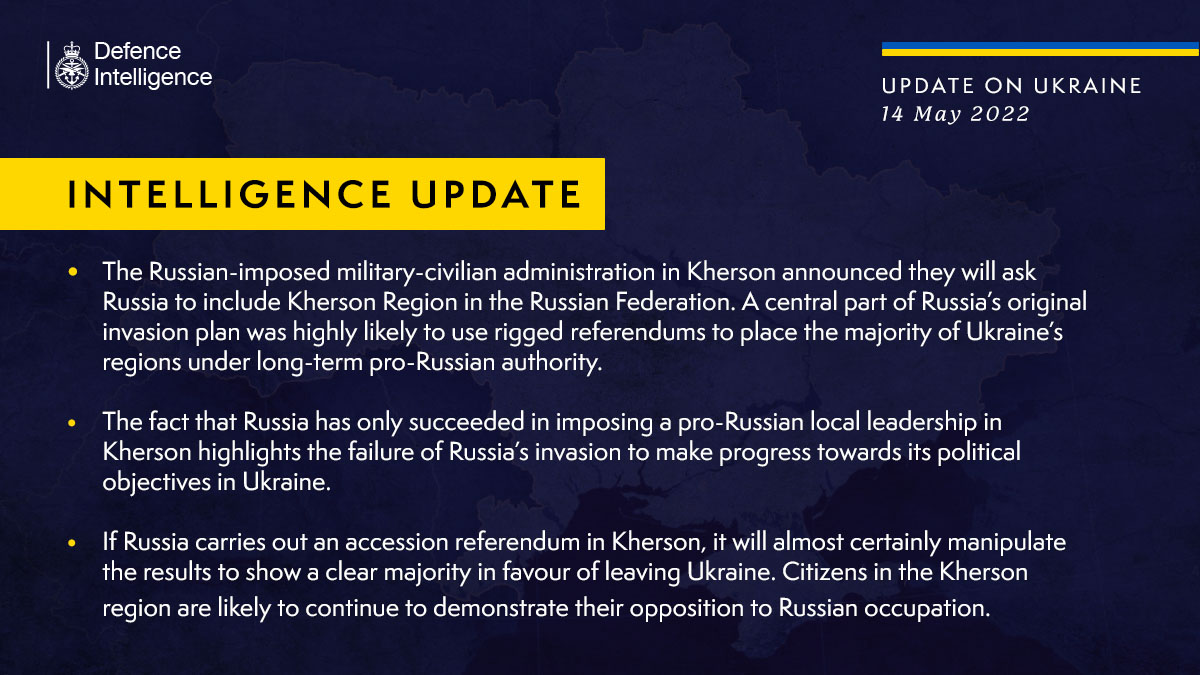Colleges
- American Athletic
- Atlantic Coast
- Big 12
- Big East
- Big Ten
- Colonial
- Conference USA
- Independents (FBS)
- Junior College
- Mountain West
- Northeast
- Pac-12
- Patriot League
- Pioneer League
- Southeastern
- Sun Belt
- Army
- Charlotte
- East Carolina
- Florida Atlantic
- Memphis
- Navy
- North Texas
- Rice
- South Florida
- Temple
- Tulane
- Tulsa
- UAB
- UTSA
- Boston College
- California
- Clemson
- Duke
- Florida State
- Georgia Tech
- Louisville
- Miami (FL)
- North Carolina
- North Carolina State
- Pittsburgh
- Southern Methodist
- Stanford
- Syracuse
- Virginia
- Virginia Tech
- Wake Forest
- Arizona
- Arizona State
- Baylor
- Brigham Young
- Cincinnati
- Colorado
- Houston
- Iowa State
- Kansas
- Kansas State
- Oklahoma State
- TCU
- Texas Tech
- UCF
- Utah
- West Virginia
- Illinois
- Indiana
- Iowa
- Maryland
- Michigan
- Michigan State
- Minnesota
- Nebraska
- Northwestern
- Ohio State
- Oregon
- Penn State
- Purdue
- Rutgers
- UCLA
- USC
- Washington
- Wisconsin
High School
- Illinois HS Sports
- Indiana HS Sports
- Iowa HS Sports
- Kansas HS Sports
- Michigan HS Sports
- Minnesota HS Sports
- Missouri HS Sports
- Nebraska HS Sports
- Oklahoma HS Sports
- Texas HS Hoops
- Texas HS Sports
- Wisconsin HS Sports
- Cincinnati HS Sports
- Delaware
- Maryland HS Sports
- New Jersey HS Hoops
- New Jersey HS Sports
- NYC HS Hoops
- Ohio HS Sports
- Pennsylvania HS Sports
- Virginia HS Sports
- West Virginia HS Sports
ADVERTISEMENT
Install the app
How to install the app on iOS
Follow along with the video below to see how to install our site as a web app on your home screen.
Note: This feature may not be available in some browsers.
You are using an out of date browser. It may not display this or other websites correctly.
You should upgrade or use an alternative browser.
You should upgrade or use an alternative browser.
This might be a little tougher than Putin thought...
- Thread starter Nole Lou
- Start date
Lots of good info in this thread about UKR military numbers...soon to be 1 million
To be fair he hasn’t slept more than three hours in a stretch since February. He’s a little edgy. I won’t even call it a mistake, but the one other time he really went public too early was in asking for fighter jets. He’d have been more likely to get them if he and the Poles had been stealthy about it.I'm sure Zalensky was pissed and wanted to make a point.
After FSU beats Georgia, we’re coming for the LA Rams!
LOL
'Satan II' is the NATO name for the missile.
The Russians call it the RS-28 Sarmat (google translate doesn't recognize the word, so I don't know what it means).
The RS-28 is the replacement for the R-36M, dubbed the SS-18 Satan by NATO when it came out in the 70s.

Henrik Ingo

@h_ingo
·
7m
Kharkiv cuts off a Northern supply route to Donetsk and Luhansk. While they can still supply from the East, controllin Kharkiv also protects several other central #Ukraine cities like Dnipro. Once they mop up after this battle, Ukraine can continue southbound for more.
Probably the same area. A pair
 of the Mi-24P attack helicopters shoot at
of the Mi-24P attack helicopters shoot at
 positions with unguided missiles, after the so-called ballistic curve.
positions with unguided missiles, after the so-called ballistic curve.


In this scenario, the assumption was that shelling and the absence of air superiority made immediate evacuation by helicopter impossible, so the "patient" had to be cared for in the field and driven several hours to the safest spot for an aircraft to land.
The exercise was one of three executed by NATO special forces teams that CBC News was invited to observe this past week. In addition to the air evacuation scenario in Latvia, CBC News also went onboard a Romanian ship in the Black Sea to witness special forces boarding a vessel from the water and rappelling onto the ship from a helicopter.
In Lithuania, another exercise involved the storming of a building that had been seized by hostile forces.
https://www.cbc.ca/news/world/ukraine-nato-special-operations-1.6452144
The exercise was one of three executed by NATO special forces teams that CBC News was invited to observe this past week. In addition to the air evacuation scenario in Latvia, CBC News also went onboard a Romanian ship in the Black Sea to witness special forces boarding a vessel from the water and rappelling onto the ship from a helicopter.
In Lithuania, another exercise involved the storming of a building that had been seized by hostile forces.
https://www.cbc.ca/news/world/ukraine-nato-special-operations-1.6452144
We saw evangelicals embrace the vile orange one on many deplorable unchristian topics, so it’s certainly not out of question that they would bless missiles in a similar fashion.According to who? Strange comment
Rarely seen helicopters shot down anymore. I wonder if Russia has run out of them or refuses to use many for fear of losing more.
Planes too. They definitely don’t want to fly much anymore likely due to how dangerous it is. Maybe the most stunning aspect of war was never gaining control of air.Rarely seen helicopters shot down anymore. I wonder if Russia has run out of them or refuses to use many for fear of losing more.
Here is interesting summary.
Some may be related to yet again lack of maintenance and training.
Russia has an air force more than 10 times larger than Ukraine's. But Ukraine's fighter pilots and air defense crews still control the air space over most of the country.
STEVE INSKEEP, HOST:
We're almost three months into the war in Ukraine, and Russia's giant air force has done no better than its giant army. In fact, the failure in the skies has added to Russian failure on the ground. Russia does not control the skies, which is one reason it's still possible for Ukrainian forces to keep fighting. NPR's Brian Mann has been hearing from some of those Ukrainian fighter pilots and air defense crews.
BRIAN MANN, BYLINE: I've been talking to Ukrainian fighter pilots, including a guy who goes by the call sign Juice (ph). For security reasons, we can't use his real name. And he told me they expected Russia's bombers and jets to hit really hard and fast.
JUICE: We were waiting for much more effective threat from the Russian air force side.
MANN: And it's easy to see why. An industry trade journal called "FlightGlobal" estimates the Russian air force has roughly 1,500 military aircraft. The Ukrainians, by contrast, have around a hundred. Russian planes are also far more modern and lethal than the antique MiG-29 jets that Juice flies.
JUICE: It's great problem to fight with their fighters for us because they have an advantage in this technology. Unfortunately, our jets are not capable to be effective against them.
MANN: I also spoke with Mark Cancian with the Center for Strategic and International Studies, and he says most military experts expected the start of this war to look something like the opening of the U.S. war in Iraq in 2003.
MARK CANCIAN: Hammer them for 48 hours until their air defenses and their air forces were defeated, and then get air superiority, if not actually air monopoly.
MANN: But, Steve, Russia didn't do that. Its air campaign has essentially been a bust.
INSKEEP: Well, you've just listed the reasons they should have done that, or so it seemed. Why did it go wrong for Russia?
MANN: Some experts think Russia's big fleet of aircraft just hasn't been well maintained. And they also don't appear to have the logistical support, the fuel and the spare parts to keep their jets flying. But another factor is the Ukrainians. In the years after Russia first annexed Crimea and invaded Donbas in 2014, Ukraine developed a pretty sophisticated air defense system using that fleet of fighter planes working in tandem with surface-to-air missile systems. The Ukrainians I spoke to believe Russian pilots just don't have the training and experience to deal with that kind of threat. Here's a Ukrainian MiG pilot who goes by the call sign MoonFish (ph).
MOONFISH: Sometimes we are able to hear their communications. When you hear those, they actually are really scared. And if anything goes wrong, they just turn away.
MANN: A senior U.S. defense official also told NPR the Ukrainian air force is being helped by real-time intelligence from the U.S. And experts think the Ukrainians are going to get better and better at defending their airspace, in part because of better weapons that are coming in from the U.S. and Germany.
INSKEEP: OK. But with all that said, the Russians still have this enormous weight of numbers. Are they enjoying any success?
MANN: They are. Russian long-range bombers are launching cruise missiles, hitting civilian and military targets. It's not a game-changer, experts say, but that is a factor. Ukrainian officials also acknowledged the Russians have established air dominance over parts of the Donbas region in the east, where some of the heaviest fighting is underway. But again, Steve, that's a tiny fraction of the country. Much of Ukraine remains effectively a no-fly zone for Russian planes and pilots.
INSKEEP: Can you just describe why that matters so much to the war on the ground?
MANN: Yeah, everyone I talked to says this is huge. You know, Ukraine is a vast country. And because the danger of Russian air attack is so limited, Ukrainians can operate their trains. Their roads are busy with supply trucks. That means the military can bring supplies, ammunition and weapons all the way to the front lines. Supplies are also flowing to critical cities like Kyiv and Odesa. Experts say if Russian aircraft were patrolling overhead, able to drop bombs at will, the way they were able to do over Syria, this war would look entirely different.
INSKEEP: NPR's Brian Mann is just out of Ukraine. He's today in Zurich, Switzerland. Brian, safe travels.
MANN: Thank you, Steve.
Last edited:
That can be true and doesn't require alienating Macron in case a negotiated settlement is required.
Tell Macron "piss of, not interested" and leave it at that. Didn't need to make the conversation public.
Might hinder private dialogue with other leaders in the future...
Macron, 1781: "Guys....guys....guys.......you really need to just let Cornwallis go. You can't let the King take an embarrassing loss here."
Unguided missles are called "rockets".Probably the same area. A pairof the Mi-24P attack helicopters shoot at positions with unguided missiles, after the so-called ballistic curve.
positions with unguided missiles, after the so-called ballistic curve.
Russia is Finnished now...
Russia is Finnished now...

Got DePantsir'd....
Russia: "We are turning off your lights, Finns!"
Finland: "It's summer here, yo. We got 18 hours of daylight right now."
Great info!Planes too. They definitely don’t want to fly much anymore likely due to how dangerous it is. Maybe the most stunning aspect of war was never gaining control of air.
Here is interesting summary.
Some may be related to yet again lack of maintenance and training.
Russia has an air force more than 10 times larger than Ukraine's. But Ukraine's fighter pilots and air defense crews still control the air space over most of the country.
STEVE INSKEEP, HOST:
We're almost three months into the war in Ukraine, and Russia's giant air force has done no better than its giant army. In fact, the failure in the skies has added to Russian failure on the ground. Russia does not control the skies, which is one reason it's still possible for Ukrainian forces to keep fighting. NPR's Brian Mann has been hearing from some of those Ukrainian fighter pilots and air defense crews.
BRIAN MANN, BYLINE: I've been talking to Ukrainian fighter pilots, including a guy who goes by the call sign Juice (ph). For security reasons, we can't use his real name. And he told me they expected Russia's bombers and jets to hit really hard and fast.
JUICE: We were waiting for much more effective threat from the Russian air force side.
MANN: And it's easy to see why. An industry trade journal called "FlightGlobal" estimates the Russian air force has roughly 1,500 military aircraft. The Ukrainians, by contrast, have around a hundred. Russian planes are also far more modern and lethal than the antique MiG-29 jets that Juice flies.
JUICE: It's great problem to fight with their fighters for us because they have an advantage in this technology. Unfortunately, our jets are not capable to be effective against them.
MANN: I also spoke with Mark Cancian with the Center for Strategic and International Studies, and he says most military experts expected the start of this war to look something like the opening of the U.S. war in Iraq in 2003.
MARK CANCIAN: Hammer them for 48 hours until their air defenses and their air forces were defeated, and then get air superiority, if not actually air monopoly.
MANN: But, Steve, Russia didn't do that. Its air campaign has essentially been a bust.
INSKEEP: Well, you've just listed the reasons they should have done that, or so it seemed. Why did it go wrong for Russia?
MANN: Some experts think Russia's big fleet of aircraft just hasn't been well maintained. And they also don't appear to have the logistical support, the fuel and the spare parts to keep their jets flying. But another factor is the Ukrainians. In the years after Russia first annexed Crimea and invaded Donbas in 2014, Ukraine developed a pretty sophisticated air defense system using that fleet of fighter planes working in tandem with surface-to-air missile systems. The Ukrainians I spoke to believe Russian pilots just don't have the training and experience to deal with that kind of threat. Here's a Ukrainian MiG pilot who goes by the call sign MoonFish (ph).
MOONFISH: Sometimes we are able to hear their communications. When you hear those, they actually are really scared. And if anything goes wrong, they just turn away.
MANN: A senior U.S. defense official also told NPR the Ukrainian air force is being helped by real-time intelligence from the U.S. And experts think the Ukrainians are going to get better and better at defending their airspace, in part because of better weapons that are coming in from the U.S. and Germany.
INSKEEP: OK. But with all that said, the Russians still have this enormous weight of numbers. Are they enjoying any success?
MANN: They are. Russian long-range bombers are launching cruise missiles, hitting civilian and military targets. It's not a game-changer, experts say, but that is a factor. Ukrainian officials also acknowledged the Russians have established air dominance over parts of the Donbas region in the east, where some of the heaviest fighting is underway. But again, Steve, that's a tiny fraction of the country. Much of Ukraine remains effectively a no-fly zone for Russian planes and pilots.
INSKEEP: Can you just describe why that matters so much to the war on the ground?
MANN: Yeah, everyone I talked to says this is huge. You know, Ukraine is a vast country. And because the danger of Russian air attack is so limited, Ukrainians can operate their trains. Their roads are busy with supply trucks. That means the military can bring supplies, ammunition and weapons all the way to the front lines. Supplies are also flowing to critical cities like Kyiv and Odesa. Experts say if Russian aircraft were patrolling overhead, able to drop bombs at will, the way they were able to do over Syria, this war would look entirely different.
INSKEEP: NPR's Brian Mann is just out of Ukraine. He's today in Zurich, Switzerland. Brian, safe travels.
MANN: Thank you, Steve.
McConnell and other GOP senators visited zelensky. Great to demonstrate bipartisan support despite the brat pack GOP.

 www.cnn.com
www.cnn.com

Zelensky welcomes US Senate GOP delegation led by Mitch McConnell
Ukrainian President Volodymyr Zelensky has welcomed to Kyiv a congressional delegation led by Senate Minority Leader Mitch McConnell.
Rand visiting Moscow?McConnell and other GOP senators visited zelensky. Great to demonstrate bipartisan support despite the brat pack GOP.

Zelensky welcomes US Senate GOP delegation led by Mitch McConnell
Ukrainian President Volodymyr Zelensky has welcomed to Kyiv a congressional delegation led by Senate Minority Leader Mitch McConnell.www.cnn.com
Good visit, though. It is important to show public support. Pictures of leaders standing with Ukraine speak loudly.

Western allies diverge over Ukraine war aims
Pushing for negotiations, Western European leaders are at cross-purposes with Kyiv.
But not bad for the translation machine.Unguided missles are called "rockets".

It may be about to get even worse for Russia.
Looks like Ukrainian helos are equally worried about MANPADs.Probably the same area. A pairof the Mi-24P attack helicopters shoot at positions with unguided missiles, after the so-called ballistic curve.
positions with unguided missiles, after the so-called ballistic curve.
Those unguided rockets are pretty hard to aim pointing at the target, lobbing them on a ballistic trajectory means god only knows where they end up.
Good to see Ukraine still air support up.
Similar threads
- Replies
- 1
- Views
- 184
- Replies
- 1
- Views
- 183
- Replies
- 0
- Views
- 66
- Replies
- 14
- Views
- 259
ADVERTISEMENT
ADVERTISEMENT


